Blog
December 10, 2020 | Here’s How to Break New England’s Addiction to Dirty GasIn our new report, we lay out how Massachusetts can move away from dirty gas for home heating and towards a clean future. We also offer a framework for other New England states to start kicking gas to the curb. | 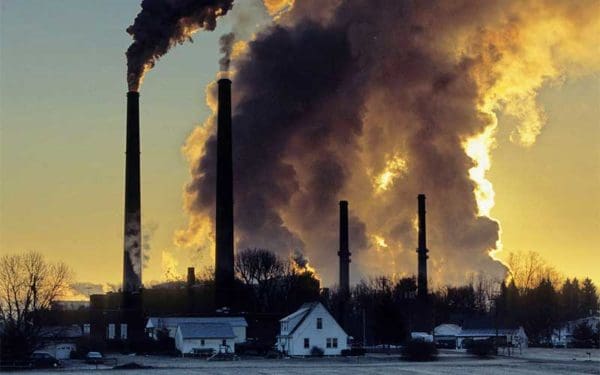 |
December 9, 2020 | 11 Powerful Climate Actions to Watch for in 2021New England is no stranger to climate action. So, as I look to 2021, I see New England continuing to lead on climate. | 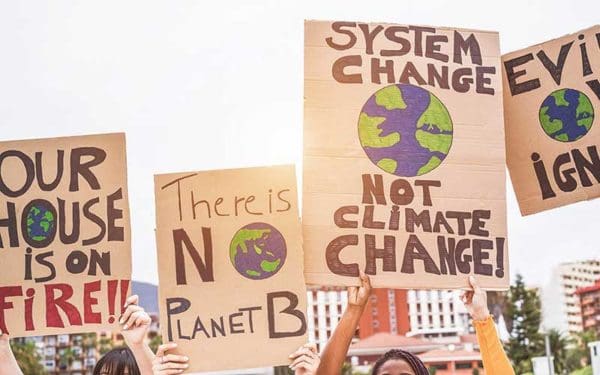 |
December 3, 2020 | What Are Climate Laws and Why Do We Need Them?We can still avoid the worst impacts of climate change if we reach net-zero carbon pollution before 2050. We need strong climate laws in every New England state to hit that mark. | 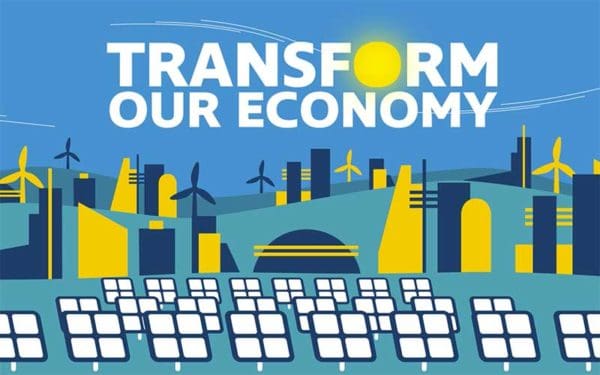 |
December 1, 2020 | Maine Takes One Step Closer on Plan to Lower Carbon PollutionUPDATE: Today, Maine’s Climate Council released its report, “Maine Won’t Wait, A Plan for Climate Action.” This climate action plan is a critical step towards slashing climate-damaging emissions across the state. | 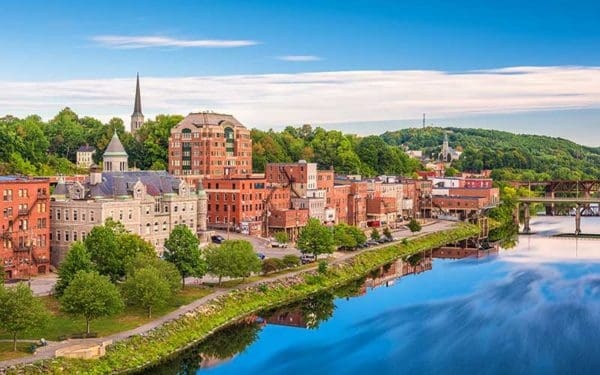 |
November 24, 2020 | Got Thanksgiving Leftovers? Here’s What to Do with Them This YearIn true 2020 fashion, many families are having small-scale get-togethers or opting for virtual celebrations this Thanksgiving. With less people, that means being even more careful not to overbuy and waste food – because food waste can be terribly damaging to the environment. So let’s think about this for a second – what can you do to waste less food this Thanksgiving? | 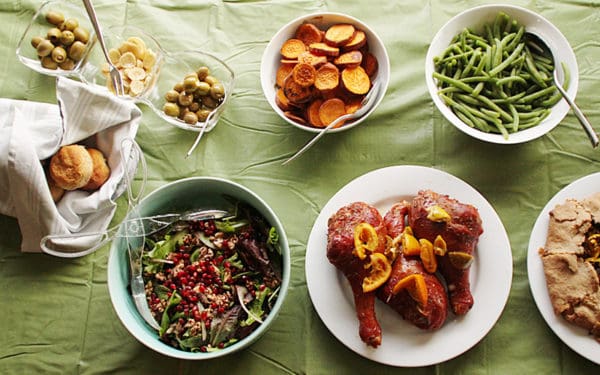 |
November 24, 2020 | Why Energy Efficiency Is So PowerfulWe all know about clean, local energy like solar and wind. But there’s another form of clean energy: energy efficiency. Because the cleanest, cheapest energy is the energy you don’t use at all. | 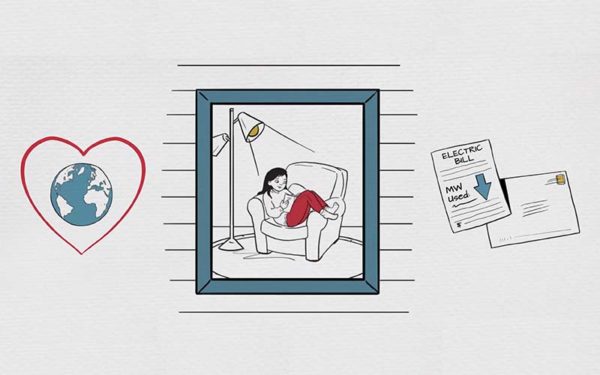 |
November 23, 2020 | Cod, Climate Change, and Protected AreasAccording to a new study, rising water temperatures put fish eggs and spawning adults at higher risk than juveniles and adult fish. Since previous studies mostly only took adult fish into account, this close look at different life stages gives us a better idea of what the climate crisis means for our fisheries and how we can help save Atlantic cod. One big takeaway: protecting spawning areas, where the vulnerable are, is more critical than ever. We sat down with CLF Senior Science Fellow Gareth Lawson to discuss the implications of the study and the future of Atlantic cod. | 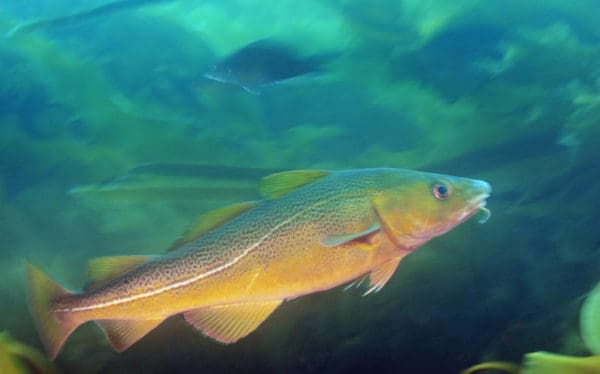 |
November 22, 2020 | Massachusetts Still Needs a Roadmap to Beat Climate ChangeOn the 50th anniversary of Earth Day, the Baker administration announced that Massachusetts will make reaching net-zero emissions by 2050 legally binding under the state’s Global Warming Solutions Act. However, the state’s landmark climate law still needs a clear path forward to reach that goal. | 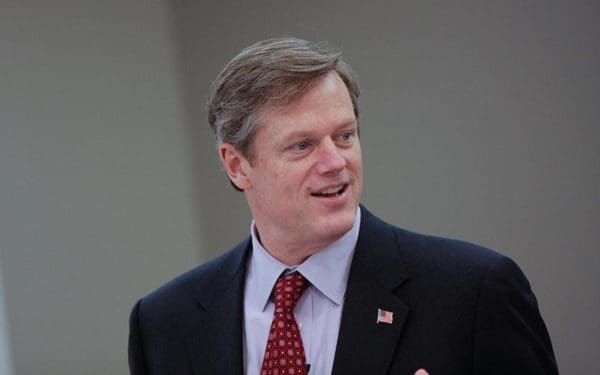 |
November 17, 2020 | How to Move Beyond Environmental Justice as a TrendI grew up in communities that needed environmental justice the most. I also lived in neighborhoods that already had the resources and ability to make change. Still, I didn’t understand the difference or know what the environmental world called the movement until later in life. I could only connect the dots when I had more access to education and a framework for understanding the issue. | 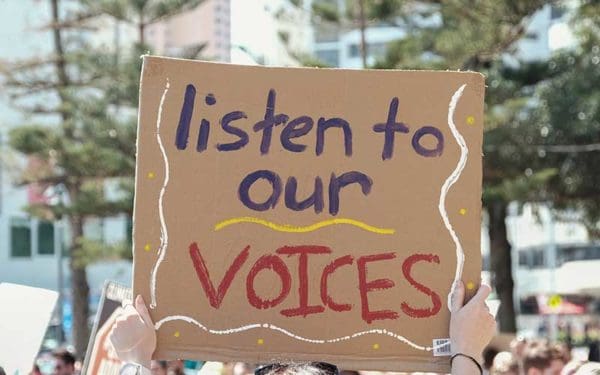 |
November 12, 2020 | How One Change in Fisheries Management Can Help Save the Atlantic CodTo help rebuild the cod population, scientists and managers must know how many fish are being caught by fishing boats. Thankfully, a recent vote by regional fishery managers brings us one step closer to collecting that valuable information. | 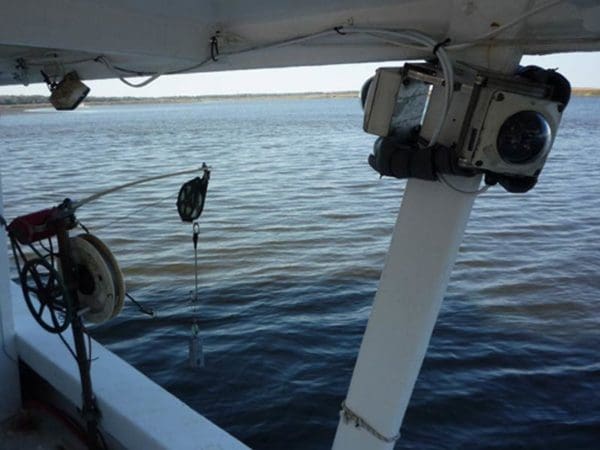 |
